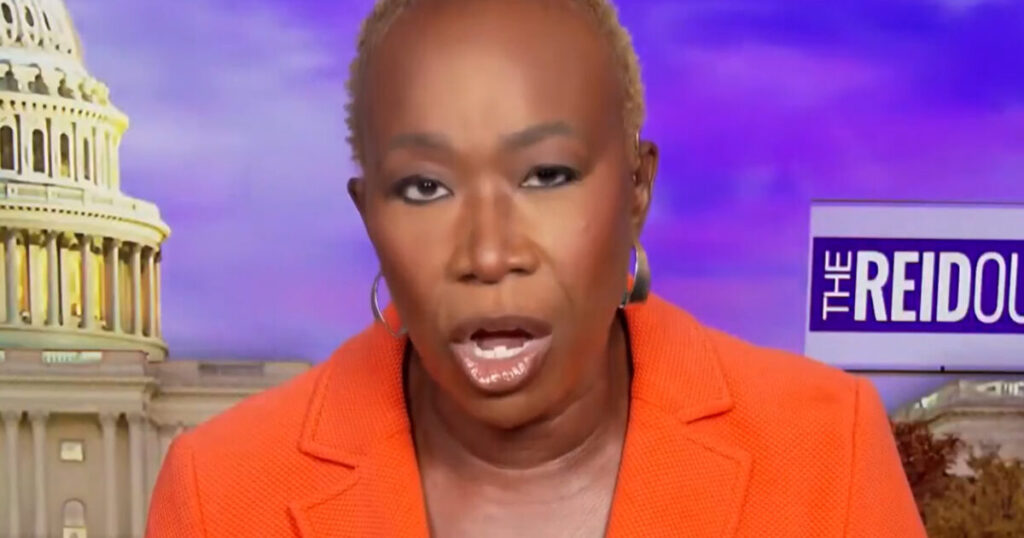In 2023, the University of Iowa reportedly paid MSNBC host Joy-Ann Reid a substantial sum of $55,000 for a speaking engagement on campus. This event, which took place in February 2023, has recently come under scrutiny as details about the payment and the rhetoric Reid employed have emerged. Reid, known for her progressive viewpoints and often volatile criticisms of conservatives—most notably her critiques of Donald Trump and Republicans—made headlines not only for her hefty fee but also for the provocative content of her speech. During the event, she conveyed alarming assertions equating Republicans to Nazis, calling Florida a fascist state, and labeling white men and Christians in a negative light.
The University of Iowa’s decision to host Reid is striking, particularly in the context of the political landscape of Iowa, a state that predominantly leans Republican. The financial details revealed a contractual obligation that included not just the speaking fee but also various accommodations such as transportation, lodging in first-class hotels, meals, and other incidentals for Reid and a companion. This highlights a significantly different approach to guest speakers at universities, especially when considering the often tumultuous reactions conservative speakers face when invited to speak at similar institutions. In contrast, the large expenditure on Reid’s appearance did not seem to incite any significant backlash or protest.
The event titled “An Afternoon with Joy Reid” was organized by the University Lecture Committee and received sponsorship from the Delta Sigma Theta Sorority. Students were permitted up to two free tickets to attend the occasion, emphasizing the university’s intent to foster dialogue, albeit one that aligns with progressive ideologies—an approach increasingly prevalent on college campuses across the nation. This event is indicative of a larger trend that sees public funding and university resources allocated towards speakers and narratives that resonate with certain political affiliations while conversely creating an environment often hostile toward opposing viewpoints.
Joy Reid, who hosts “The ReidOut” on MSNBC, has a history of delivering incendiary commentary that often targets conservative figures and policies. An analysis of her rhetoric reveals a pattern rooted in vehement opposition to certain demographic groups and political ideologies. This is exemplified in her remarks suggesting that the rise of certain political figures echoes historical patterns associated with totalitarian regimes. Her passionate delivery and media presence contribute to her status, but they also raise questions about the responsibility of educational institutions in promoting divisive rhetoric under the guise of discourse.
Critics argue that Reid’s hiring and the overall climate at the University of Iowa demonstrate a broader problem with free speech on college campuses, where conservative voices frequently encounter hostility or outright censorship. The juxtaposition of Reid’s welcome versus the hostility faced by conservative speakers highlights a concerning trend within academia—the exploration of diverse political theories seems increasingly selective, often leaning heavily toward progressive ideologies. Such a landscape raises questions about the role of universities in fostering genuine discourse and their commitment to impartiality.
As ongoing conversations surrounding academic freedom and the balance of ideological representation continue, the incident with Joy Reid serves as a microcosm of the larger debates unfolding within higher education. The substantial financial outlay by the University of Iowa raises questions regarding the allocation of resources for speakers and whether such expenditures should reflect a broader commitment to inclusivity of thought. The implications of Reid’s engagement with the university extend beyond campus boundaries, touching upon national discussions about ideological bias, the role of media in shaping public discourse, and the responsibility of educational institutions to cultivate a balanced environment for their students.

